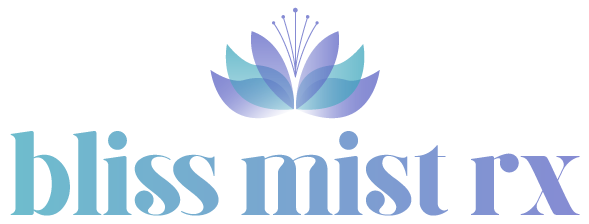
Ketamine Therapy: Real- World Study Shows New Hope for Treatment-Resistant Depression
Share
What is ketamine therapy and what studies are saying about how it works in the brain for mental health issues
A new University of Michigan study shows that nearly half of veterans with treatment-resistant depression improved with ketamine infusions. Learn how ketamine therapy works and what real patients are experiencing.
What Is Ketamine Therapy?
Ketamine therapy uses low doses of ketamine — once known as a party drug — to help people with treatment-resistant depression find relief when other antidepressants have failed.
It acts quickly on brain receptors involved in mood and emotion, often improving symptoms within days instead of weeks.
What Does the New Research Show?
A recent Journal of Clinical Psychiatry study by the University of Michigan and the VA Ann Arbor Healthcare System tracked 215 veterans who had not responded to traditional antidepressants.
Key findings:
• Almost 50% experienced meaningful improvement in depression symptoms
• 15% achieved full remission within six weeks
• Most received about 18 IV ketamine infusions over several months
How Fast Does Ketamine Work?
Unlike traditional antidepressants that can take 4–6 weeks to show results, ketamine often begins working after just a few sessions.
However, researchers found that steady progress over several infusions—not instant results—was the norm in this real-world study.
How Does Ketamine Treat Depression?
Ketamine helps restore connections between brain cells involved in mood regulation. It also appears to encourage new neural growth, which may explain its fast-acting and long-lasting effects for some people.
There are two main medical forms available:
• IV Ketamine Infusions (used in this study)
• Esketamine Nasal Spray (Spravato®) — an FDA-approved version for treatment-resistant depression
Is Ketamine Therapy Safe?
When administered in a medical setting, ketamine infusions are considered safe and well-tolerated. Common side effects may include mild dizziness, fatigue, or brief dissociation, which typically resolve within an hour.
It’s not appropriate for everyone, so proper screening and supervision are essential.
The Future of Depression Treatment
With new studies confirming real-world effectiveness, ketamine therapy is quickly becoming one of the most promising tools for patients who have struggled with depression for years.
Learn More About Ketamine Therapy
If you’ve tried traditional antidepressants without success, ketamine therapy may help you rediscover balance, clarity, and hope.
Talk to a qualified provider to see if you’re a candidate for IV ketamine infusions or esketamine nasal spray.
BlissMistRx.com offers free 20 minute evaluations with a licensed practitioner from the comfort of your home.

